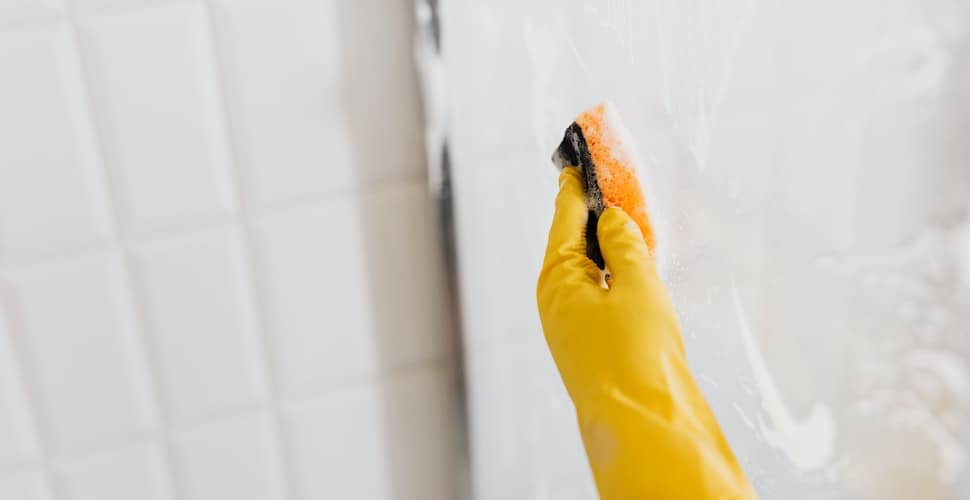Lebanon’s migrant domestic workers
Lebanon is host to an estimated 250,000 officially registered migrant domestic workers making up 4% of the country’s population of 6 million. These workers are overwhelmingly women who have migrated from countries such as Ethiopia, Bangladesh, Sierra Leone, the Philippines and Sri Lanka, and are employed in private households on sponsored visas, hired to help with cleaning, caring for children and the elderly, cooking and other household tasks.
The effects of the kafala system
Migrant domestic workers in Lebanon are excluded from the country’s Labour Law and are instead governed by the kafala system, a sponsorship system whereby the workers’ right to work and live in the country is tied to their employer.
The exploitation of domestic workers is inevitably facilitated under these conditions. Employers are secure in the knowledge that their employee cannot leave their employment without risking detention and deportation, and so an extreme power imbalance drives exploitative labor conditions while leaving migrant domestic workers with little recourse to grievance and justice mechanisms.
In a video report for Al Jazeera, Salma Sakr from our partner organization Anti-Racism Movement, said:
“Things will change only if the government holds employers accountable for these practices and sets up a system that undoes the wrongs that migrant workers have had to live through in the country for decades”.
Watch the full video report here and sign the open letter calling on Lebanon’s Ministry of Labour to abolish the kafala system.





Freedom United is interested in hearing from our community and welcomes relevant, informed comments, advice, and insights that advance the conversation around our campaigns and advocacy. We value inclusivity and respect within our community. To be approved, your comments should be civil.